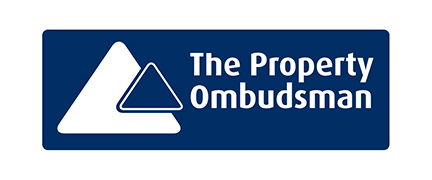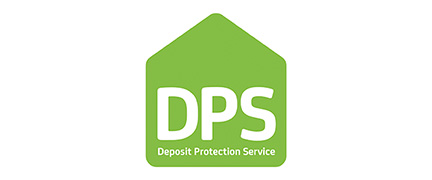
What regulations exist?
Electrical Safety Standards in the Private Rented Sector (England) Regulations for the year 2020 are as follows:
A "qualified and competent" person must inspect and test the electrical installations in rental properties at least every five years in accordance with the regulations. Landlords are required to provide a copy of the electrical safety report to their tenants and, upon request, to the local authority. You are in violation of this law if you rent a property without a valid EICR.
What Is a "Qualified and Competent Person"?
Using a "qualified and competent" person for electrical work on a rental property is required by law, which is a pretty broad definition! Before completing an EICR, we would recommend that landlords check to see if their electrician meets these three requirements:
Experience: A reputable electrician will have performed EICRs for a number of years, so look for reviews to find out how long they have been in business.
Knowledge: Your electrician should have a thorough understanding of the Electricity at Work Regulations (1989) and the Health and Safety at Work Act (1974), in addition to knowing the BS 7671 standards like the back of their hand.
Accreditation: Look for accreditations to ensure complete tranquility. We always work with experienced and reputable electricians, and we always thoroughly check their accreditations.
How much does an electrical safety certificate cost?
The Electrical Safety Register, NAPIT, and NICEIC are big regulatory bodies. Expect to pay between £90 and £150 for an Electrical Installation Condition Report. The cost will be determined by the degree of difficulty and size of the property. A landlord should take the time to get a few estimates because electrician rates can also vary.
What kinds of tenancies are covered by the regulations?
The rules are in effect if a tenant pays rent and has the right to occupy a property as their sole or primary residence. They also apply to HMOs, or houses with multiple tenants.
What Takes Place During the Checkup?
The property's fixed electrical installations will be tested and inspected by the electrician. Fuse boxes, wiring, plug sockets, light fixtures, electric showers, and extractor fans are all included in this.
They won't check any electrical appliances that can be moved around, like TVs, white goods, kettles, and toasters. Instead, the electrician will give you an EICR with the results of the inspection.
To indicate whether remedial work is required, an electrician will assign the following classification codes to the report:
C1 – Present danger, risk of injury (the electrician must make these safe before leaving the property) C2 – Potentially dangerous F1 – Requires additional investigation C3 – Improvement recommended If the C1, C2, or F1 codes are identified on the report, landlords are required to complete the work within 28 days, or the period specified in the report (whichever is shorter).
Landlords are required to obtain written confirmation from a "qualified and competent" individual that the property now meets electrical safety standards and that the remedial work or additional investigation has been completed.If requested, this confirmation and a copy of the EICR report must be provided to the tenants and the local government.
What Happens When Landlords Don't Follow These Rules?
Landlords who break the rules must be dealt with by local authorities, who can impose fines of up to £30,000.
What about testing of portable appliances (PAT)?
Portable electrical appliances like kettles, toasters, televisions, and microwaves are not covered by the Electrical Safety Standards in the Private Rented Sector (England) Regulations 2020. Although testing portable appliances is not currently required by law, some landlords do prefer that the appliances they provide be regularly tested. We recommend that PAT testing be performed at least every two years.
Chris Weston
Peterborough Branch













